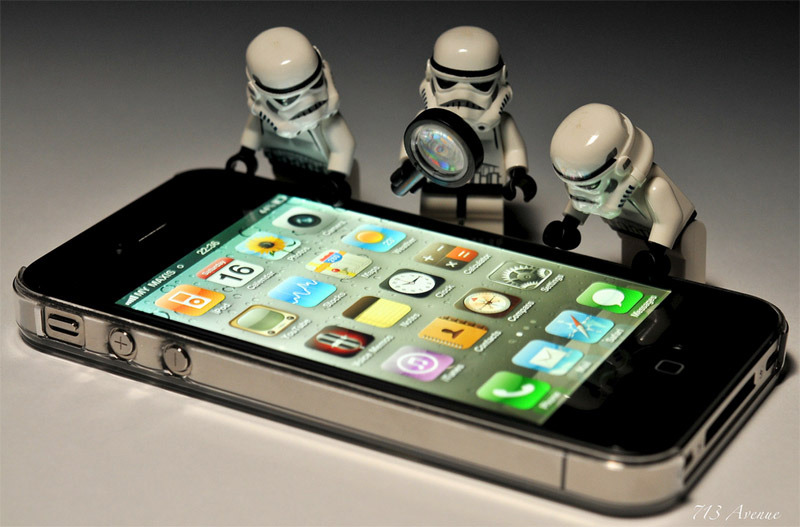Apple Suggests New Commission Be Formed To Resolve FBI Privacy Standoff
Most folks don’t get to say “no” to the FBI. But Apple did just that last week, when they very publicly took a stand and, in an open letter to consumers, refused to create new code that could allow the feds to hack into an iPhone that belonged to one of the San Bernardino shooters. The spat has only deepened over the last few days, and brought issues of consumer privacy and encryption straight into mainstream conversation.
In an update to their earlier letter, Apple has created an FAQ addressing the most common questions being asked about this particular case. They also offer what the company sees as the best solution forward out of this legal standoff: a committee.
Specifically, Apple says, “We feel the best way forward would be for the government to withdraw its demands under the All Writs Act and, as some in Congress have proposed, form a commission or other panel of experts on intelligence, technology, and civil liberties to discuss the implications for law enforcement, national security, privacy, and personal freedoms.” Apple “would gladly participate in such an effort,” they add.
In an e-mail to Apple employees obtained by the Wall Street Journal, CEO Tim Cook admitted “It doesn’t feel right to be on the opposite side of the government in a case centering on the freedoms and liberties that government is meant to protect,” but stood firm on his company’s stance.
What the FBI is asking Apple to do “would set a very dangerous precedent,” Apple’s FAQ says. “We built strong security into the iPhone because people carry so much personal information on our phones today, and there are new data breaches every week affecting individuals, companies and governments. … It would be wrong to intentionally weaken our products with a government-ordered backdoor. If we lose control of our data, we put both our privacy and our safety at risk.”
In a blog post, FBI director James Comey wrote that “the particular legal issue is actually quite narrow,” and added, “the [legal] relief we seek is limited and its value increasingly obsolete because the technology continues to evolve.”
However, Apple sees the demands as anything but narrow, and points out that once invented, the code they are being asked to create would be loose, and could be used for any purpose. “In the physical world you can destroy something and it’s gone,” they write. “But in the digital world, the technique, once created, could be used over and over again, on any number of devices.”
And indeed, law enforcement agencies that want Apple to accede to the FBI’s demands are hoping for exactly that. A New York District Attorney, joined by the NYPD, has publicly condemned Apple’s encryption and said his office has at least 175 iPhones in their possession that they want to be able to access to further investigate criminal cases.
“The only way to guarantee that such a powerful tool isn’t abused and doesn’t fall into the wrong hands,” Apple counters, “is to never create it.”
Answers to your questions about Apple and security [Apple]
Apple Calls for Commission to Address Issues Over San Bernardino Gunman’s Phone [Wall Street Journal]
Want more consumer news? Visit our parent organization, Consumer Reports, for the latest on scams, recalls, and other consumer issues.


